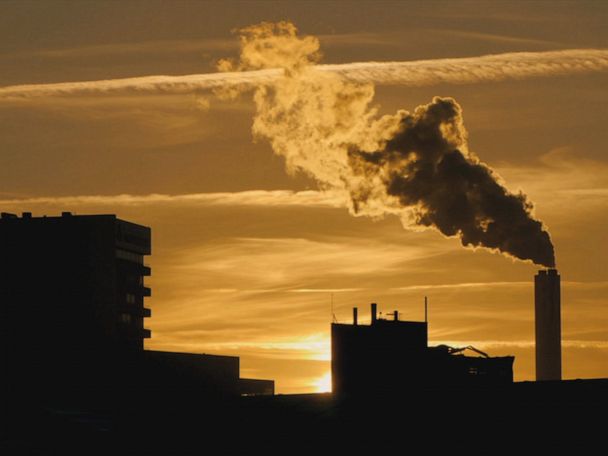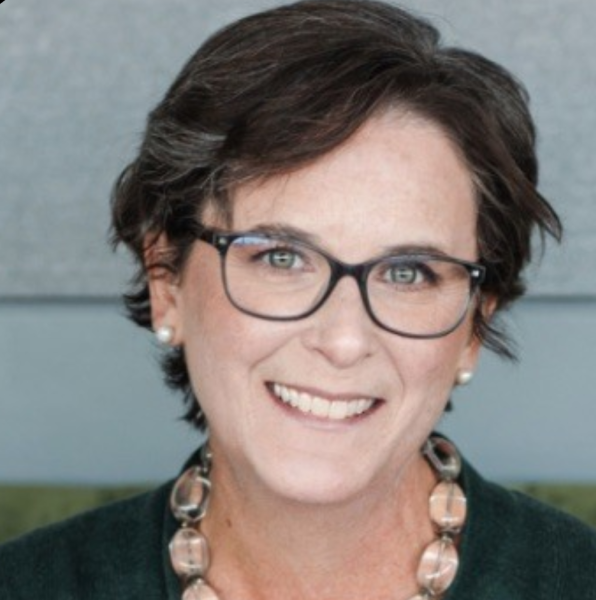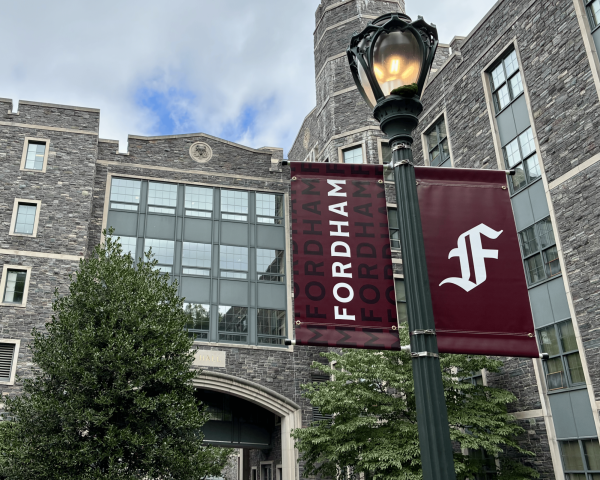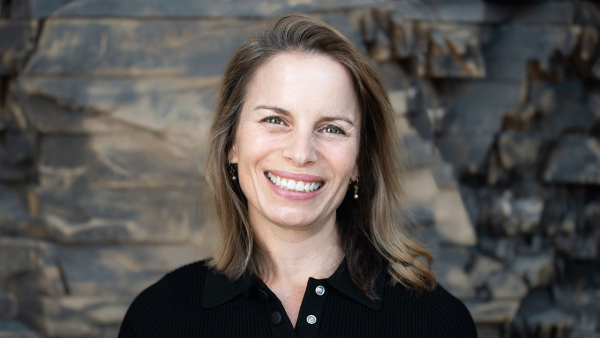Is Fordham Ready for Climate Change?
The effects of Hurricane Ida closed many Fordham facilities as it swept through the eastern United States in early September. The temporary closing of Walsh Library and the basement of the McGinley Center, including the fitness center and the relocation of some students in on-campus housing raised the question of Fordham’s preparedness for extreme weather conditions due to climate change in the future.
Jasmine Petrov, FCLC ’22 and one of the leaders of Fordham’s Climate Impact Initiative, said the flash flooding emphasized the uncertainty of the city’s future in terms of infrastructure. “Climate change and the climate crisis… is pretty much new to us,” said Petrov. “We’ve heard about it for many, many years [because] this has been affecting many people around the world but this, in a sense, is the first time where it has actually been affecting New York in a big way.”
New York City Mayor Bill de Blasio also recently acknowledged the effects climate change will have on the city in the future in an MSNBC appearance. “This was not part of any previous playbook, but we’ve got to literally change the whole way of thinking,” said de Blasio.
In the first week of September, New York saw record levels of rainfall — more than three inches per hour — during the storm, causing flooding in subways stations, basement apartments and many of Fordham’s own facilities.
Mason Lambrix, FCRH ’22, another student leader of the Climate Impact Initiative, pointed to Fordham’s and New York’s weak points in regards to being prepared for extreme weather events. “I think a lot of the infrastructure is outdated or not properly maintained, and we’ve seen with the subway systems what can happen,” said Lambrix. “We do have a very beautiful campus, but it shows that with extreme weather we are lacking in certain areas. So, we can see where our weaknesses are and go from there.”
Walsh Library at the Rose Hill campus opened in 1997 but there are no records of Walsh having been renovated since its construction. The construction of a new campus center is planned to be completed in 2025, however, this building is solely an addition to the existing McGinley Center, and construction does not include renovating the current building.
The student leaders of the Climate Impact Initiative did compliment Fordham on its adaptability to unforeseen circumstances. Liza Cohen, FCRH ’22, said she believes the pandemic may have shown administrators how to adapt to new challenges in the future. “From a community building standpoint, I think that COVID-19 is really the only thing that has prepared [Fordham’s administration] for the possibility of not having a home-base,” said Cohen. “Maybe a good thing that came out of COVID-19 is that we are prepared to create a home-base knowing that there’s the possibility that our campuses may not [be able to provide that].”
However, Ben Spicer, FCRH ’23 and another student leader in the group, described Fordham’s approach to unexpected events as “reactionary” as opposed to proactive. He believes that this approach, whether due to “bureaucracy or attitude,” can be harmful in the long run in terms of issues like climate change. “Things like climate change are not being talked about as much as they should be,” said Spicer. “Obviously, with the flooding there wasn’t too much preparedness.”
Lambrix added that this reactionary mindset, however, might be productive in terms of speeding up construction on campus. “If there’s more extreme weather, like if there’s a really bad winter like it’s expected to be [this year], there could be more flooding and issues and there might be quicker timelines on those kinds of things [fixing old buildings],” he said.
The leaders of the Climate Change Initiative also projected the most pertinent issues that could impact Fordham directly in the coming decades. “I think the biggest challenge [for] Fordham would be their mindset,” said Lambrix. “Fordham is just in no way, shape or form ready to make these massive changes. We don’t even have an office of sustainability. I feel like that would be step one.”
Dealing with the effects of climate change requires great, immediate action, said the group leaders. Their views mirror those of other climate change-focused groups across the globe. The UN’s Race to Zero campaign, for example, is a coalition of actors that “cover nearly 25% of global CO2 emissions and over 50% GDP” aiming to achieve net-zero CO₂ emissions by 2050 at the latest. Efforts like these are crucial to lowering our carbon emissions by the “point of no return,” as described by the Climate Clock.
The Ram has also reached out to Fordham’s administration regarding how the university can prepare for climate change in the future. Next week, Marco Valera, Vice President of Administration, will comment on Fordham’s preparedness for the effects of climate change and the administration’s plan to be more sustainable going forward.















































































































































































































